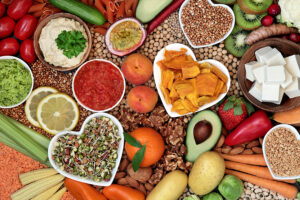This interview refers to the RESPECT project which can be found in our Good Practices section.
GOOD PRACTICE OVERVIEW, CHALLENGES AND OPPORTUNITIES
What did you like the most about this practice?
I really liked the game. Connecting my food choices with social consequences made it so much fun. I liked earning points and competing with my classmates while answering questions about topics like food habits and the environment. It was different than regular learning and it was really nice.
What did you like the least about this practice?
It was only a two year project and we worked on it only a few months creating content for the game and then testing the game. I hope it could last longer and involve us more in the developing.
How can this practice be improved in the future?
The project can continue by including more topics and more real-life activities outside the classroom. For example, organizing field trips to local farms or community gardens could provide hands-on experiences related to sustainable food systems. Also, having more discussions or projects where we apply what we’ve learned.
Do you think your understanding of Food Literacy and sustainable food systems has been improved after implementing this practice?
Definitely! Before the RESPECT Project, I knew about eating healthy, but I didn’t fully understand how my food choices could impact the environment and society. The project opened my eyes to these connections and made me more aware of the importance of sustainable food systems. Now, I make choices that are not only good for me but also better for the planet.
Have you made any changes to your diet yet after implementing this practice?
I haven’t made any big changes in my diet but now I try to incorporate more locally sourced and seasonal foods into my meals to reduce my carbon footprint. I also pay more attention to food labels and packaging to make choices that generate less waste.
Do you have any ideas, how can sustainable food systems be promoted among young people/children?
The best way I think is to involve them directly in food-related activities. Schools could have their own small gardens where students grow fruits and vegetables. Schools can also organize classes that focus on preparing meals with local and sustainable ingredients. It can inspire young people to make better food choices.







